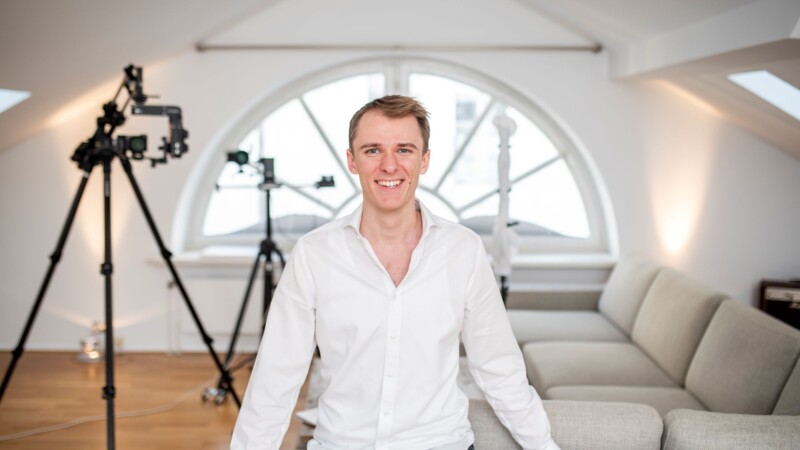"We want to open windows of opportunity and initiate a path to transformation. Cities should become learning organisations," said Matthias Weber, founder of It's the Glue. Remote working in offices at home have become the norm and were barely imaginable before the pandemic. More courage is needed to rethink the use of free spaces. "The pandemic has led to more solidarity and assistance. Vulnerable homeless people can now shower in a St. Pauli indoor swimming pool, which had closed due to coronavirus." That project is steered by Hamburg’s Social Welfare Office, the non-profit initiative GoBanyo and Bäderland Hamburg. Hopes of a knock-on effect are now high. Perhaps other businesses will identify unused corporate capacities and make them available for the common good. Apart from good deeds, such public welfare initiatives boost a company’s image and could score them points in view of the shortage of skilled workers, Weber believes.
Although the pandemic has brought many challenges, it has also led to a surge in creativity. A playbook by the Urban Change Academy entitled "Urban Creativity Now" presents a multitude of promising, creative solutions with potentially post-crisis impacts. Initiated by Urbanista, Futur A and the “It's the Glue” consultancy, the education platform gives insight into urban development in future. It offers a variety of ideas, insights from different perspectives and options for action. The playbook is available for download free of charge in both German and English and was funded by the European Capital of Innovation Award 2018 as part of Future Hamburg's application.
Solidarity leading to assistance
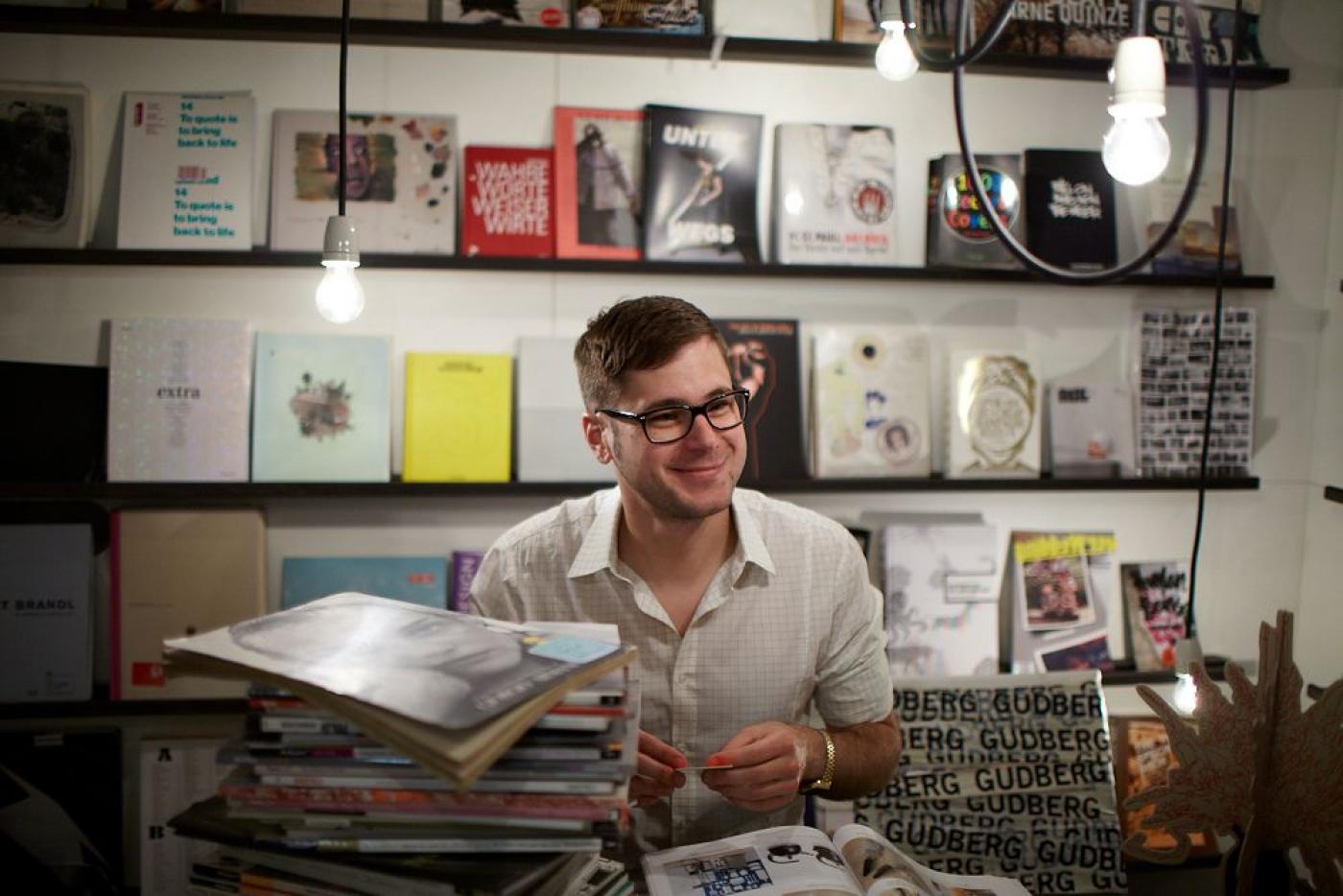
Diversity as an economic factor
Weber cites the the Cross Innovation Hub's Emergency Lab managed by Hamburg Kreativ Gesellschaft, which brought together companies in danger of closure during the pandemic with creative people to develop innovative approaches. "Innovations need interdisciplinarity because new networks and schemes facilitate new kinds of work and creativity." The playbook contains several motivating examples such as a joint digital delivery platform for local shops or a mobile roller skate rental service that offers exercise, music, fun and networking. More than 30 best cases whet the appetite for experiments and boost diversity across Hamburg. "Life in the city life loses meaning without diversity," he added. The mix of different shops, restaurants and cultural establishments makes a city attractive for residents, tourists and professionals. "Diversity inspires. People who wander through an inspiring city bring those ideas into their businesses and diversity becomes an economic factor," Weber pointed out.
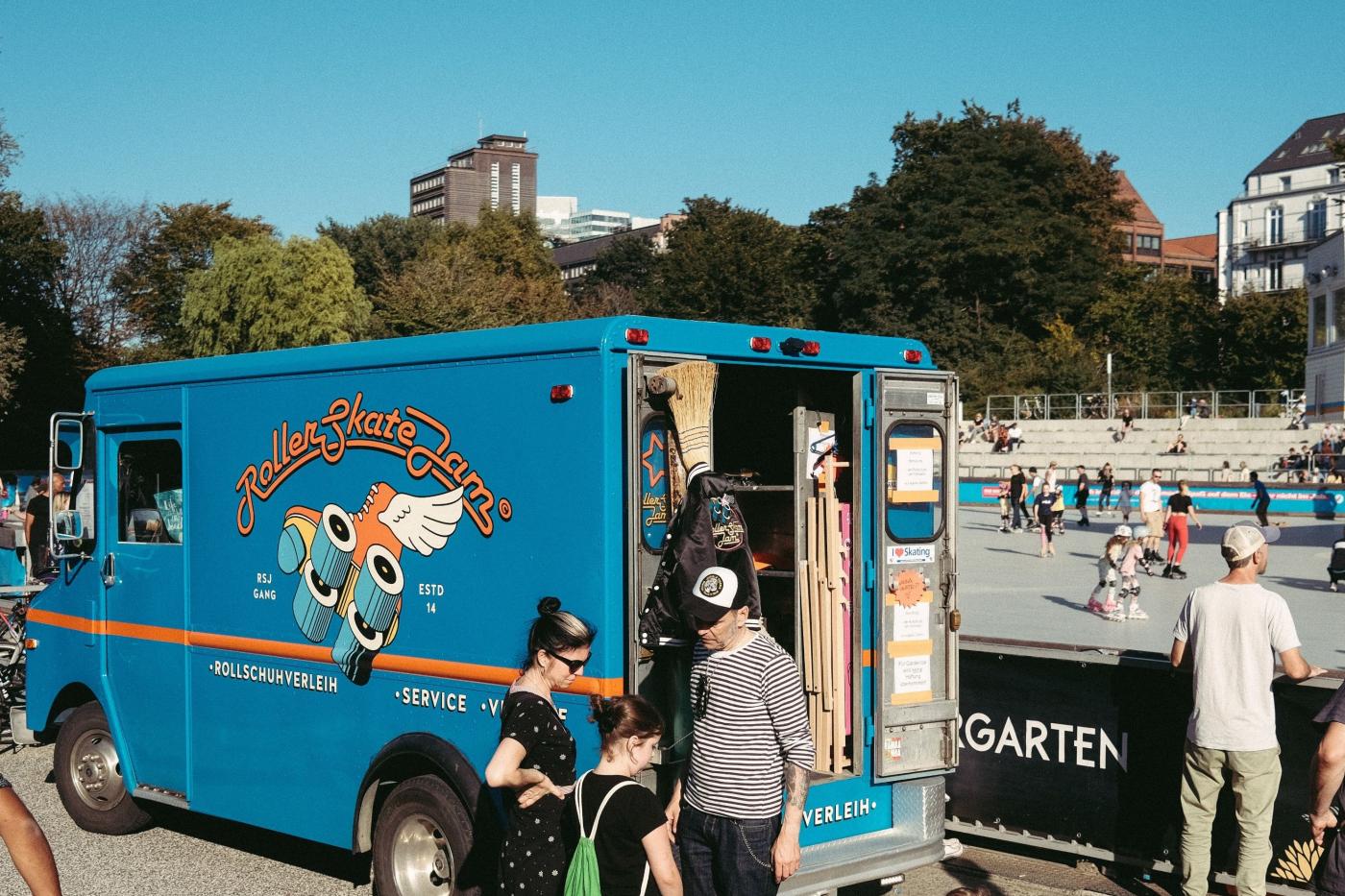
More generous economy
Eleven international experts including Amelie Deuflhard, artistic director of the Kulturfabrik Kampnagel, Alexander Bechtel, who is responsible for blockchain and digital currencies at Deutsche Bank, and Kirsten Pfaue, Senator for Cycle Traffic in Hamburg, have their say in the playbook. "The need for more courage to experiment and to overcome rigid structures, which can lead to more creativity, emerged during the interview with the co-ordinator of the mobility transition in Hamburg," said Weber
Jenny Grettve, an architect and author from Malmö has come out in favour of a more generous economy that gives more than it expects. "Such an approach would lead to more diversity, generosity and a friendlier Hamburg." Hopefully, people will listen to her as the willingness is there, Weber believes.
ys/kk/pb
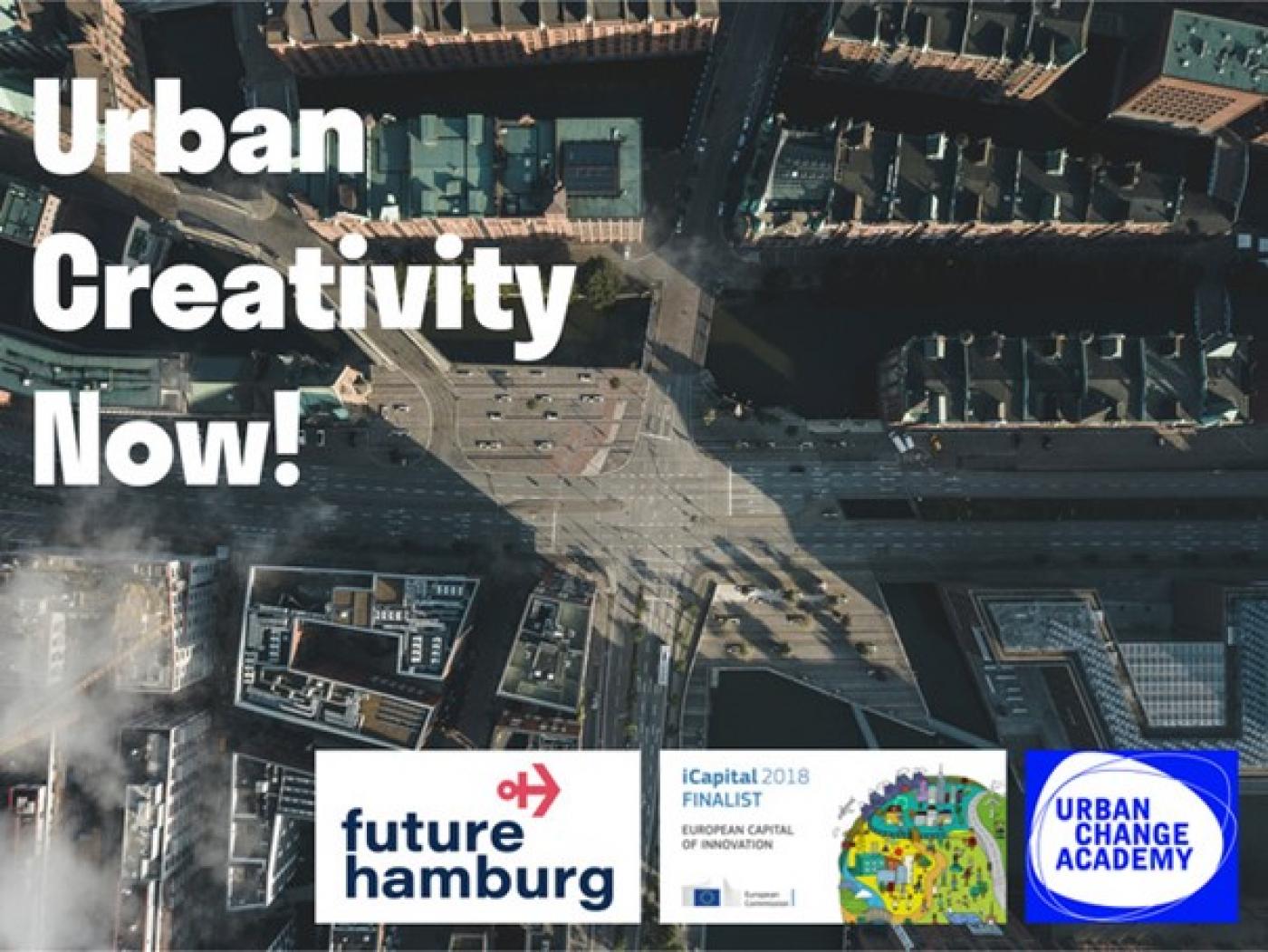
Sources and further information
More
Similar articles
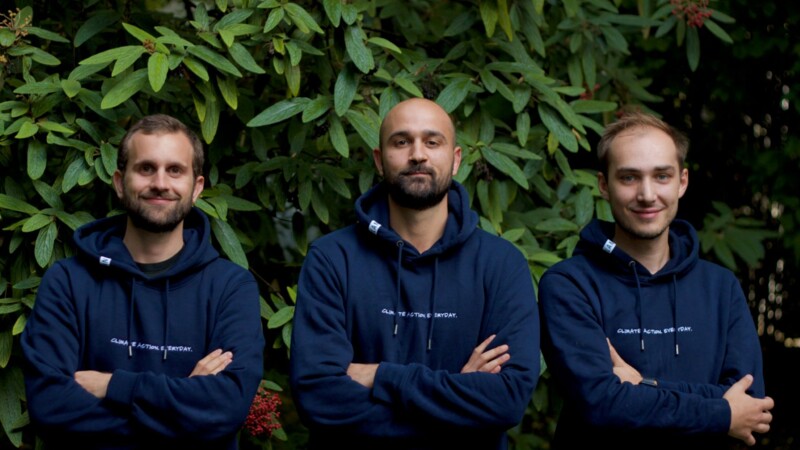
Plan3t app offering planet coins as bonus for more climate-protection
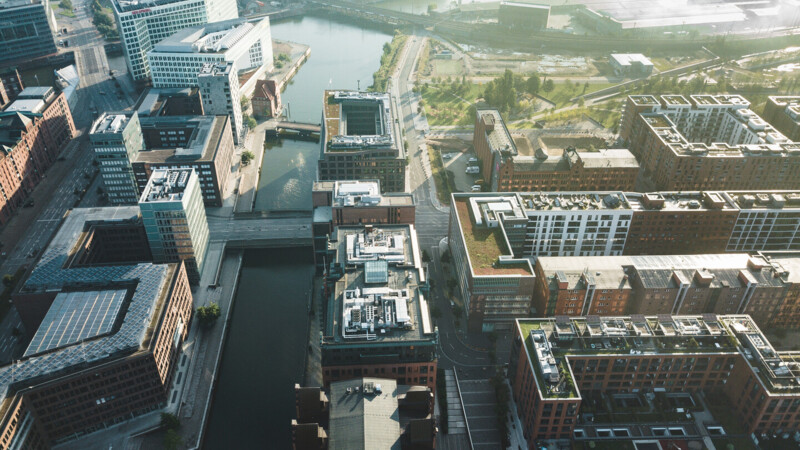
Multi-faceted, downtown Hamburg now conceivable, says expert
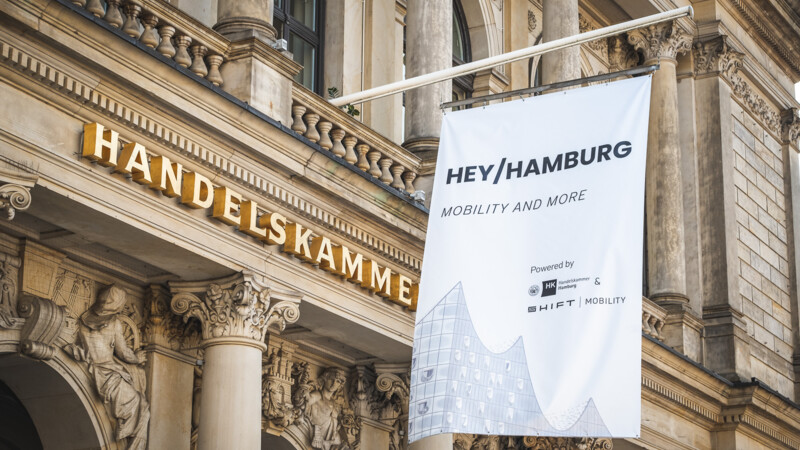
New HEY/HAMBURG event focusing on future of mobility
